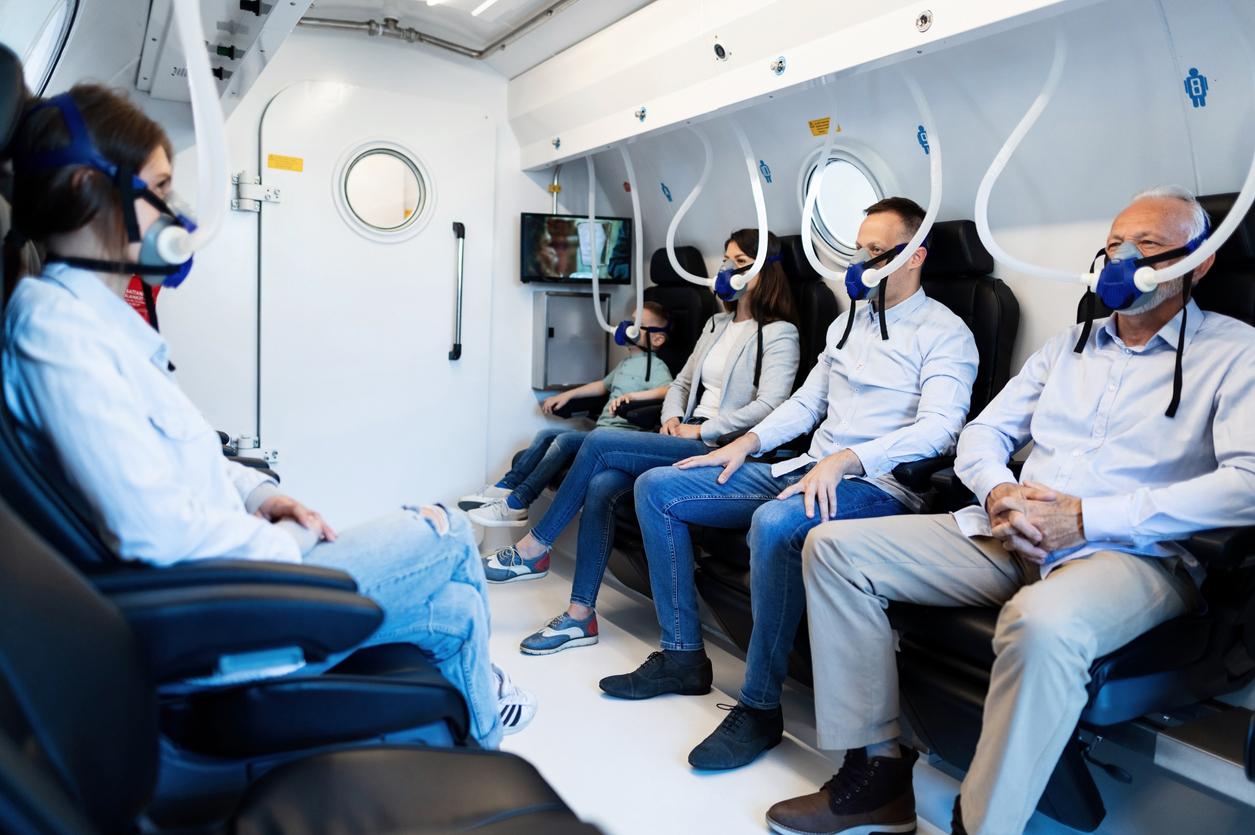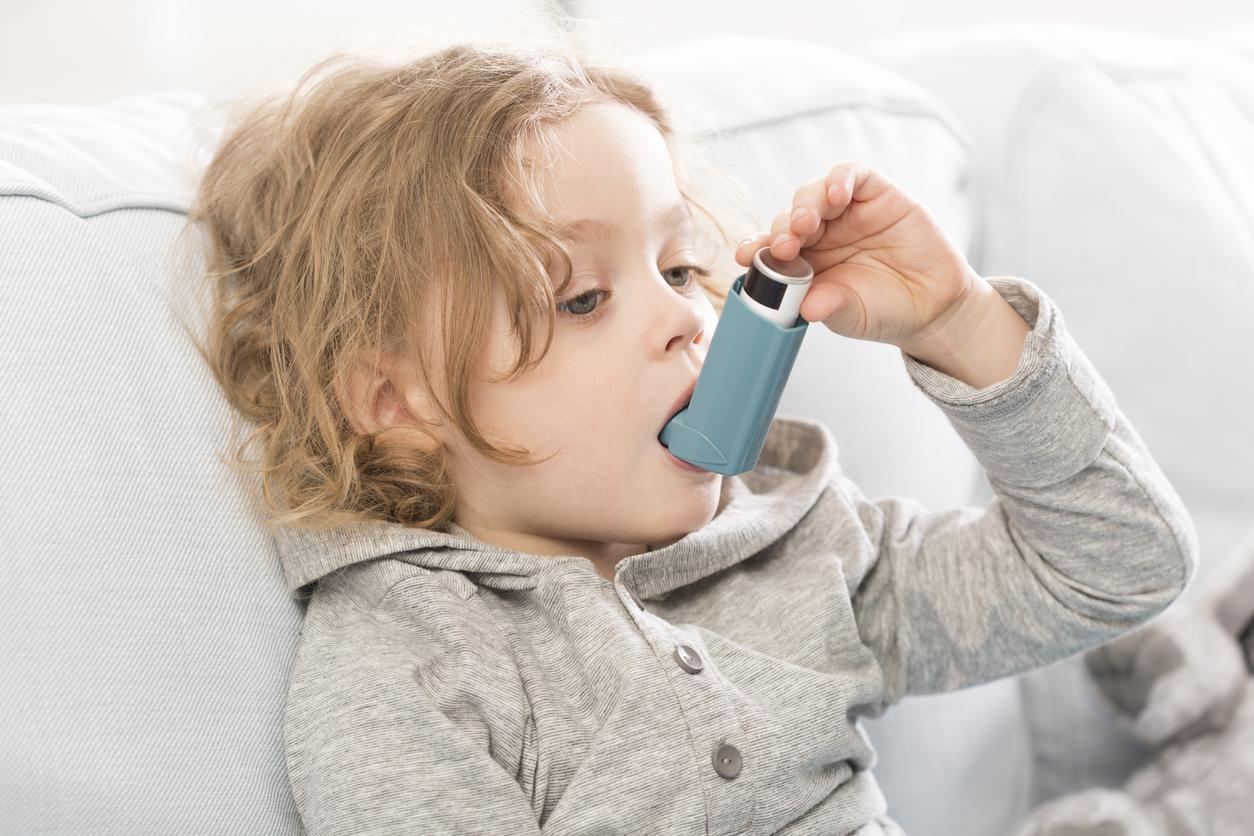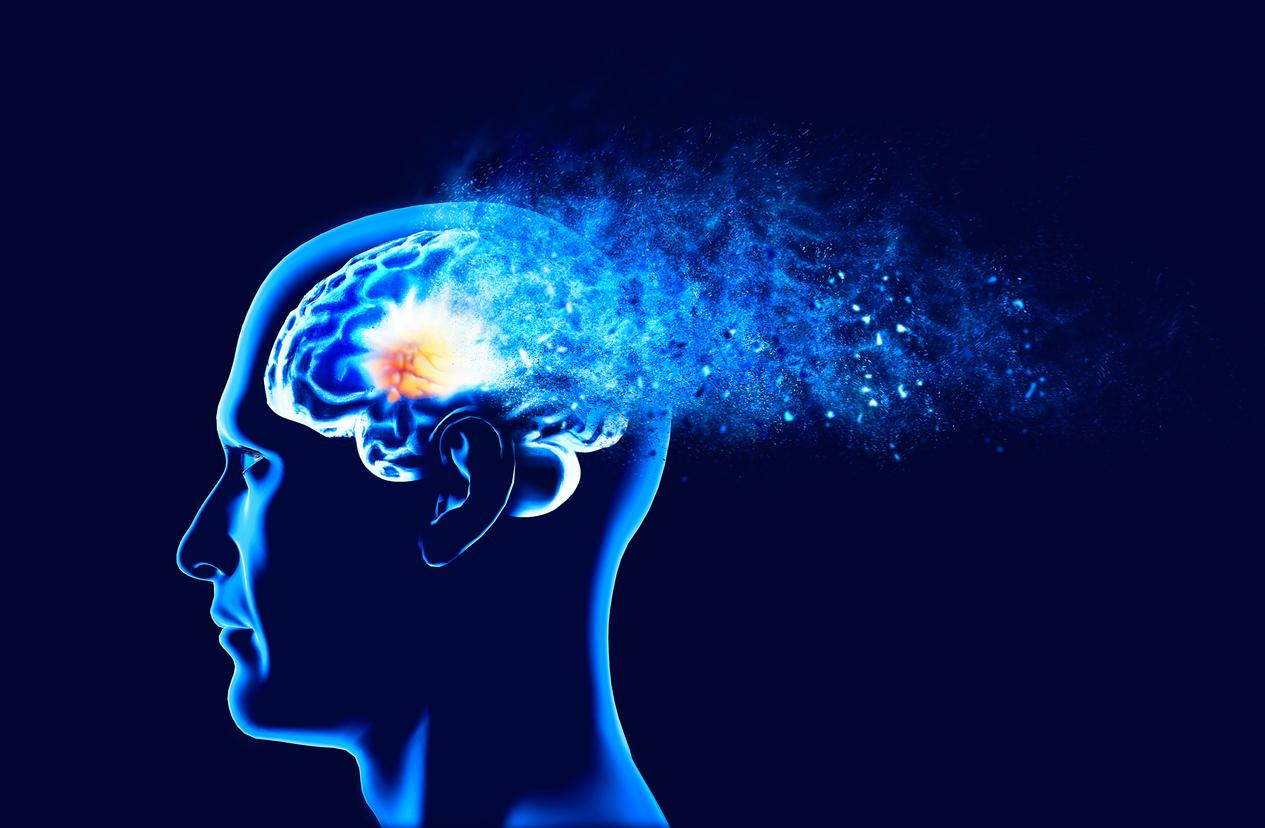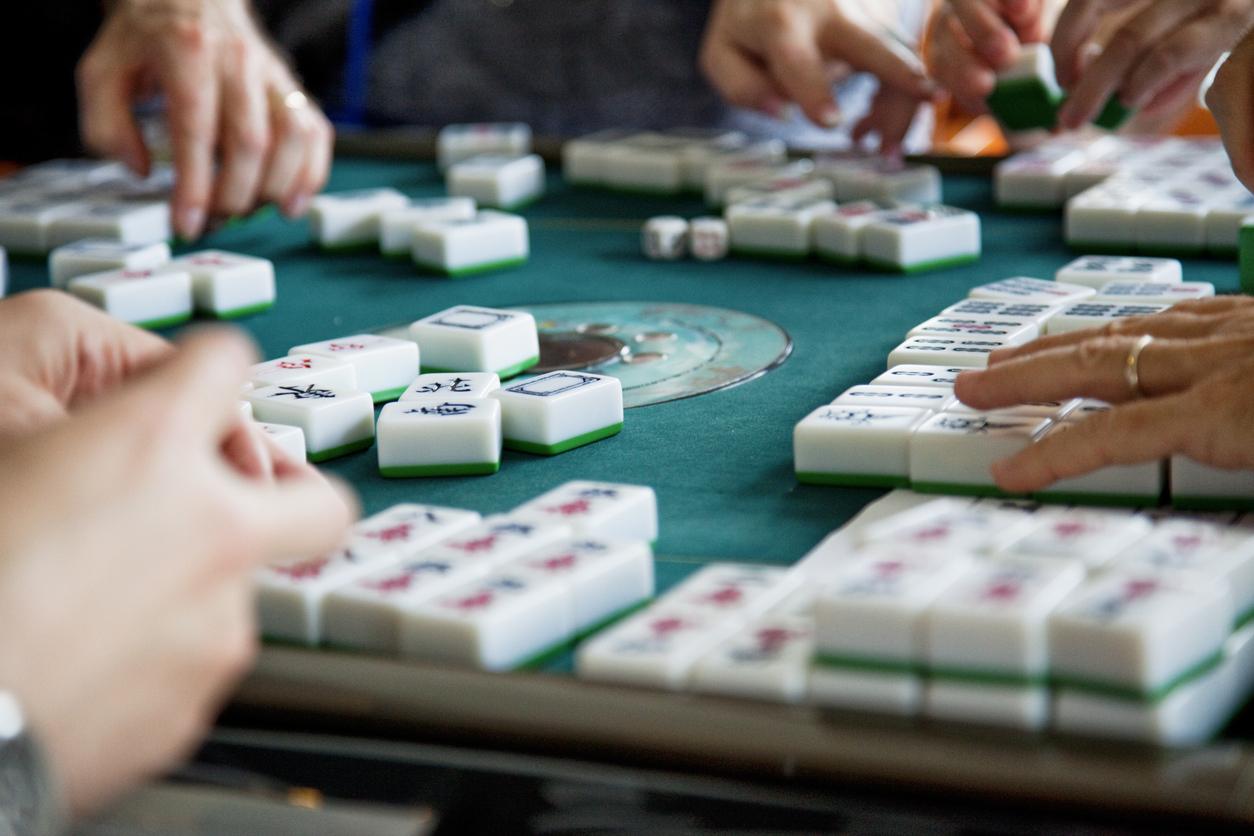Sleeping two hours a day would bring back frightening memories but also participate in their formation and their archiving in the memory.

- Previous studies had already proven that sleeping after learning something could help you remember it.
- Until now, no studies have focused on fear-related memories.
Napping is recommended for some people, especially when they suffer from poor sleep quality. Indeed, in this case, health insurance recommends sleeping 5 to 20 minutes maximum during the day, preferably between 12 and 3 p.m. so as not to disturb the coming night. But, according to Russian researchers, taking a small nap during the day would not be beneficial for all patients. They believe that the nap can revive fear-related memories but also contribute to their formation and reactivation in long-term memory.
Naps: are they not recommended after a trauma?
“Understanding the effect of sleep in situations of emotional trauma is important in order to develop effective strategies for (to help) disaster victims, people with panic or post-traumatic stress disorder”, explains in a communicated Yuri Pavlov, one of the authors of this study published in the journal Cognitive, Affective & Behavioral Neuroscience. If we had found that the effect of sleep on memory, specifically on fear-related memories, was similar to other types of memory, such as episodic memory (i.e. those related to life events), so it would have been better for the victims if they didn’t sleep after a trauma”.
To better understand this link, the scientists created fear – coupled with loud, irritating noise – in the participants and studied their brains’ responses through electroencephalography, or EEG, an examination which records the electrical activity of neurons in the brain.
Without a nap, memory also stores new fear-related memories
The researchers tested two types of days: those where the participants had to take a two-hour nap during the day and those where they did not but had, for two hours also, to change activity every 30 minutes. Either they were watching a nature movie or playing a video game.
“In our experiments, we have proven that a two-hour daytime nap reinforces fear memories learned just before sleep, details Yuri Pavlov. However, the same effect was observed when (participants remained awake). After watching an emotionally neutral movie or playing on a computer, their fear-related memories were also reinforced.”.
The results therefore mean that new fear-related memories can be recorded by the brain during a nap, but that this archiving also takes place if the person is not sleeping during the day. In the future, researchers want to study patients who are unconscious or in a vegetative state in order to analyze the impact of their sleep on anxiety and bad memories.

















